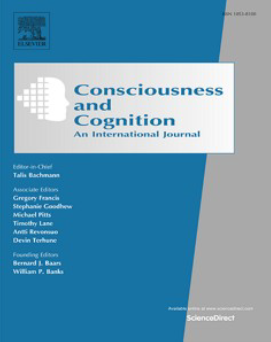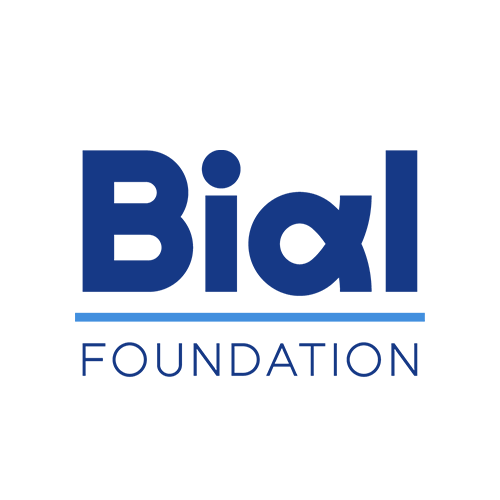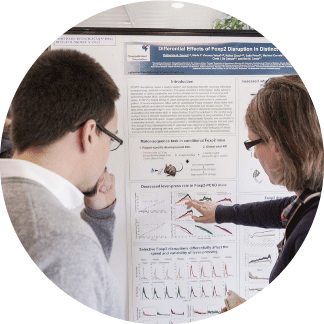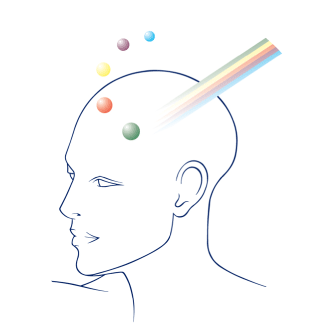News
Top Stories

Empathy in couples
Understanding the adaptative functioning of couples is something crucial considering the harmful consequences of situations of domestic violence.

Choosing the usual or taking a chance?
We always choose the same route back home, but one day, alerted about traffic restrictions, we decide to risk an alternative route. What drives us to make this decision?

Dream and daydream: differences and similarities
Did you know that daydreams reflect events from the previous two days and “night” dreams resemble a fictional plot?
News

Can psychedelics enhance meditative training?
While the therapeutic evidence for meditation and psychedelics has been established as standalone interventions, recent research has started to point potential synergies in combining them. The research team led by Milan Scheidegger conducted a randomized placebo-controlled study aiming to test whether N,N-dimethyltryptamine (DMT), an active ingredient of ayahuasca, and harmine (DMT-harmine) combined with meditation increases (1) mindfulness, (2) compassion, (3) insight, and (4) mystical-type transcendence to a larger degree than meditation with a placebo during a 3-day mindfulness retreat. Findings showed that mindfulness and compassion were not significantly different in the DMT-harmine group compared to placebo. However, the DMT-harmine group self-attributed greater levels of mystical-type experiences, non-dual awareness, and emotional breakthrough during the acute substance effects compared to meditation with a placebo. It seems that DMT-harmine may support meditation and meditation-related well-being through eliciting experiences of insight, transcendence, and meaning rather than through mindfulness or compassion. This study was supported by the BIAL Foundation, in the scope of the research project 333/20 - Mindfulness and psychedelics: A neurophenomenological approach to the characterization of acute and sustained response to DMT in experienced meditators, and published in the Journal of Psychopharmacology, in the article Meditating on psychedelics. A randomized placebo-controlled study of DMT and harmine in a mindfulness retreat.

Maria de Sousa Award 2024 was delivered at the BIAL Foundation's 30th-anniversary celebration
Young researchers were awarded for their work on stem cells, stroke, ageing, fungal respiratory disease, and inflammatory bowel disease.

What can explain the subjective differences in meditation experience?
In the scope of the research project 92/18 - Attending mindfully: A psychophysiology study of sensory processing in meditators, supported by the BIAL Foundation, Veena Kumari and colleagues examined the effect of regular meditation practice on startle modulation paradigms, specifically habituation and prepulse inhibition (PPI), by comparing the groups of meditators (n = 32) and non-meditators (n = 36). They found no significant differences, on average, between meditators and non-meditators in habituation or PPI, but meditators who reported being able to easily enter a state in which their awareness of the self and others/surroundings are perceived as one, without separation (non-dual awareness), during meditation practice, showed greater PPI, relative to those who could not. These results suggest that differential sensory processing characteristics of meditators may explain subjective differences in meditation experience. More information is available in the article Non-dual awareness and sensory processing in meditators: Insights from startle reflex modulation published in the scientific journal Consciousness and Cognition.





